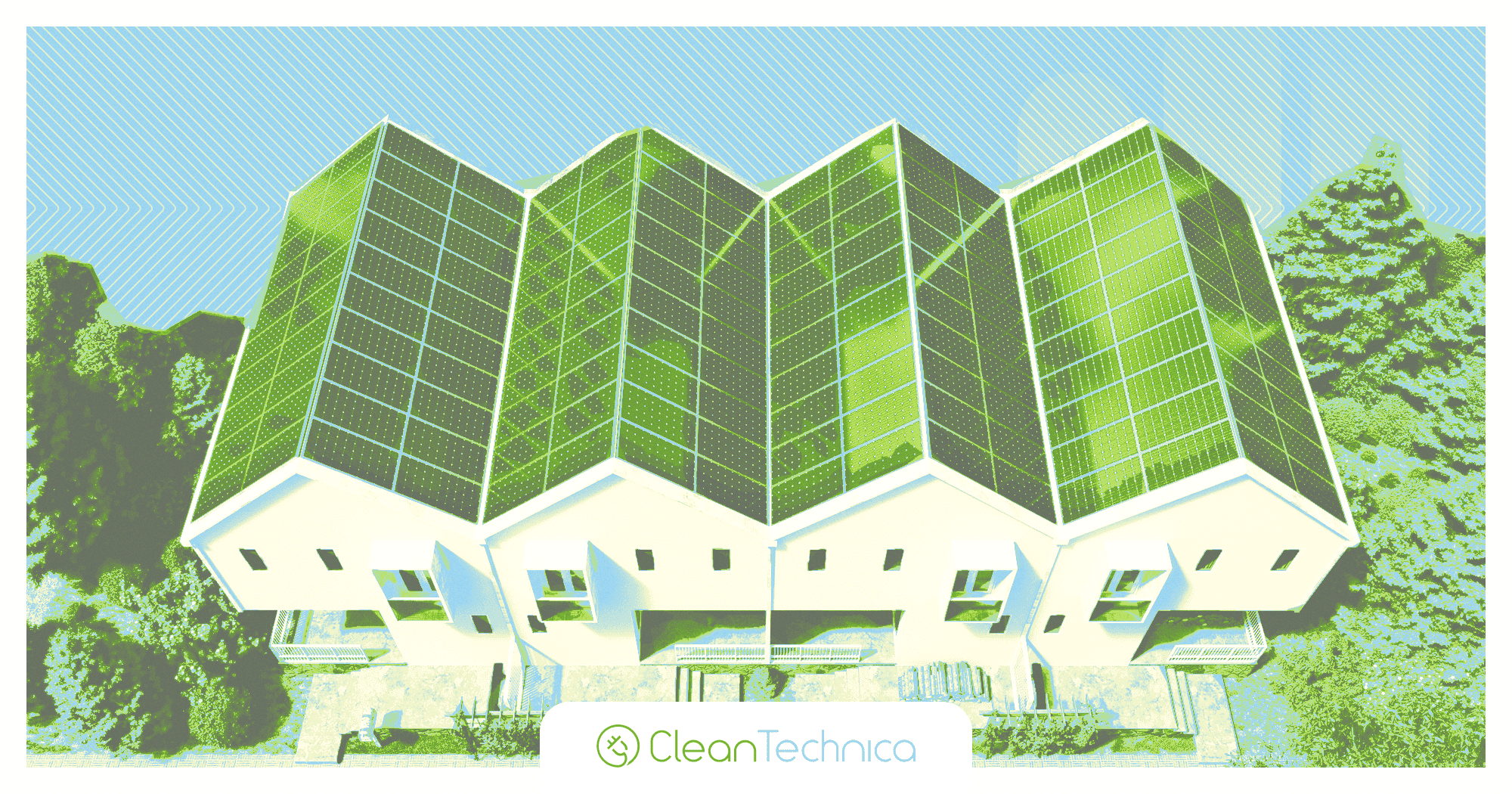Last Updated on: 12th June 2025, 12:05 am
California was the leader for solar power installations in the USA for years. No other state compared, including in terms of rooftop solar power installations. Part of this was due to a net metering policy in the Golden State that provided rooftop solar panel owners with credits equal to the retail price of electricity for each kWh they sent back into the grid. After a similar number of years of utilities trying to end that policy, they finally achieved their goal in late 2022 when the California Public Utilities Commission (CPUC) voted 5-0 to end that net metering system and change to “Net Metering 3.0,” which reduced the compensation for such rooftop solar electricity by about 80%. Net Metering 3.0 went into effect on April 15, 2024.
The argument from California’s investor-owned utilities was that compensation paid to rooftop solar panel owners for electricity they produced meant that other ratepayers without solar power were unfairly having to pay those rooftop solar panel owners. However, some environmental groups — the Center for Biological Diversity, the Environmental Working Group, and the Protect Our Communities Foundation — are now arguing, and have brought a lawsuit arguing, that the CPUC did not take into consideration the full value and financial benefits of rooftop solar power when making this decision.
In particular, there are various ways that rooftop solar panels reduce other grid costs. They reduce the need to build additional transmission lines, electricity substations, transformers, etc. Naturally, if the utility doesn’t have to spend extra money on transmission lines, electricity substations, transformers, etc., they thus don’t have to raise prices on ratepayers to pay for that. So, just looking at this matter, solar panel owners save other ratepayers money. There are also health benefits, climate benefits, and related societal benefits from solar power that are significant but were valued at nothing. Oh yeah, also, there are grid security and grid resiliency benefits from rooftop solar power. Oh, also, you don’t have to buy land to put the solar panels on like with a solar farm — you put it on roofs that are going to be there anyway.
The argument is that the financial benefits of rooftop solar were not even considered when net metering was dramatically cut based on the simple, direct costs of solar net metering. Additionally, the groups suing contend that because of the decision, the CPUC is “not ensuring that rooftop solar systems could continue to expand in disadvantaged communities,” as the LA Times reports.
Naturally, California’s three big for-profit electric utilities — Southern California Edison, Pacific Gas & Electric, and San Diego Gas & Electric — are all for the cut in net metering and support the CPUC’s decision in this case. I mean, after all, they’ve been behind the push for this all along.
The case is in California Supreme Court. A decision should be made within three months.

Sign up for CleanTechnica’s Weekly Substack for Zach and Scott’s in-depth analyses and high level summaries, sign up for our daily newsletter, and follow us on Google News!


Whether you have solar power or not, please complete our latest solar power survey.
Have a tip for CleanTechnica? Want to advertise? Want to suggest a guest for our CleanTech Talk podcast? Contact us here.
Sign up for our daily newsletter for 15 new cleantech stories a day. Or sign up for our weekly one on top stories of the week if daily is too frequent.
CleanTechnica uses affiliate links. See our policy here.
CleanTechnica’s Comment Policy

